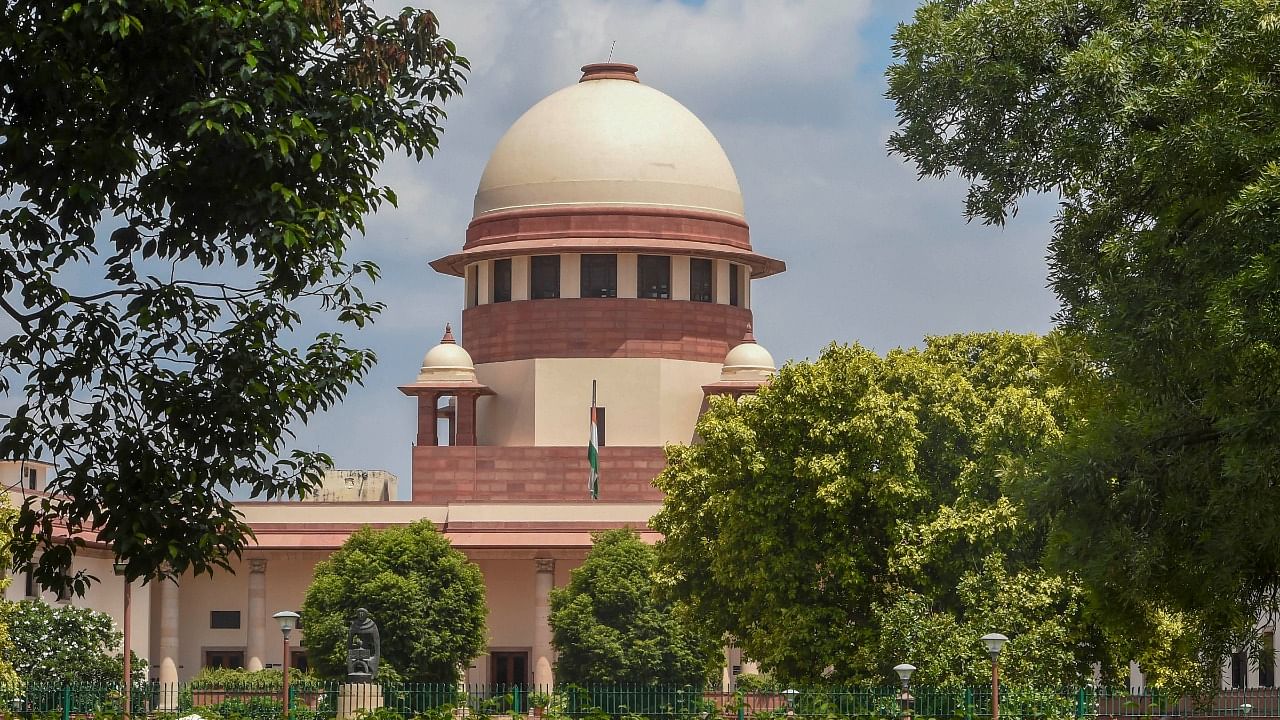
While the demand for scrapping the sedition law has been made more frequently and has gained greater momentum in recent past, the Supreme Court’s suggestion to the government to re-examine its scope, and even the need for it, has given the demand a special import and relevance. The court has on a few occasions in the last few months criticised the wrong use of the sedition law by governments and in some cases, given relief to its victims. It has now told the Central government that the law needs a review and if the government does not do it, the court will do it. Chief Justice N V Ramana pointed out that Section 124A which was "used by the British to silence Mahatma Gandhi and Tilak" is now being widely misused by the police. He asked pointedly why it continued in the statute book even after 75 years of Independence, and said: "If the police want to fix somebody, they can invoke Section 124A".
The court was making its views known while dealing with a PIL filed by Maj Gen S G Vombatkere (retd), that sought the scrapping of the law because of its wide misuse. Its response is a signal that it agreed with the submission in the petition that the law caused a "chilling effect" on speech and is an unreasonable restriction on free expression. There are a large number of cases of its misuse, especially in the last few years, to suppress criticism and dissent, harass political opponents and generally to stifle free speech. People from all walks of life including those who opposed the government on matters like the CAA and activists, writers, journalists and students have all been victims. Most do not get bail and spend long years in jail. As the CJI noted, the conviction rate in such cases is low, showing that the charges may have been made up.
Attorney General K K Venugopal told the court that fresh guidelines could be laid down and safeguards built to prevent misuse of the law. But the guidelines given by the court in the 1962 Kedar Nath case, which restricted the application of the law only to speech or writing that incited violence and created public disorder, already exist. They are not adhered to by the government, and more guidelines will not help. There has been an attempt to equate the nation with the government, and the idea of sedition has become a weapon in service of a narrow politics. Preserving and protecting the rights of citizens becomes important in such an environment. So, the sedition law, which is used to cripple those rights, should be scrapped altogether. The idea of sedition, as expressed by the law, is outdated in a modern democracy.